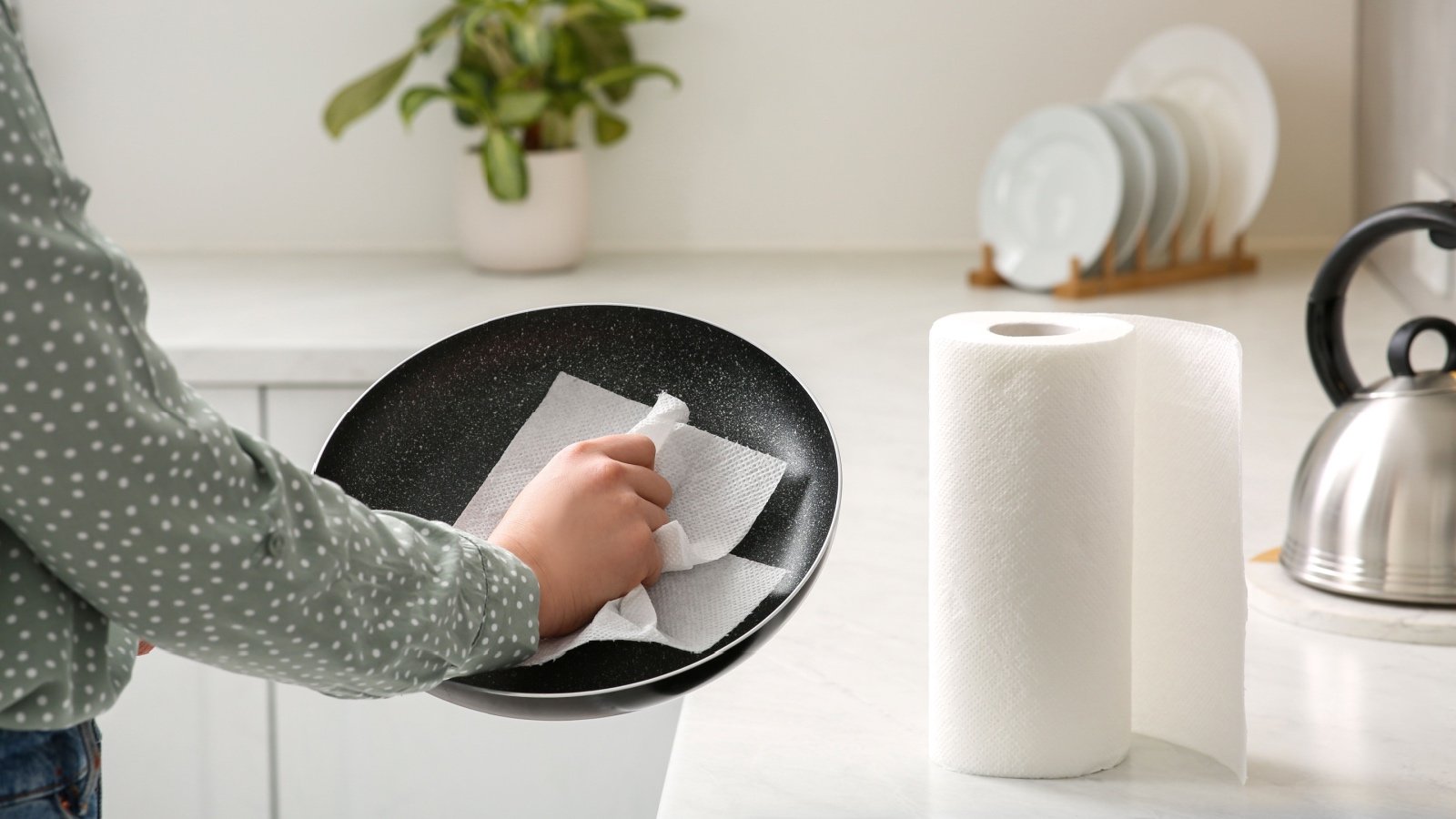Many of us fall into the trap of adopting money-saving hacks that seem promising but don’t deliver as expected.
In an effort to save money, we sometimes buy into hacks that aren’t as effective as they’re made out to be. These well-intended tips can often demand more time and effort than they’re worth, leading to frustration and wasted resources.
Keep reading to learn about the hacks that might end up costing you more in the long run.
Clipping Coupons

While couponing can save a few cents here and there, the time spent collecting and organizing them often outweighs the savings for most people. With digital shopping and price matching, better discounts are available without the hassle.
DIY Home Repairs

Attempting DIY repairs without the necessary skills can lead to more costly damages. Professionals know how to fix problems efficiently and effectively, ensuring that the job is done right the first time. Sometimes, trying to save on service fees by going DIY ends up doubling the costs when you have to hire a professional to fix the DIY mistakes.
DIY Cleaning Products

Creating your own cleaning products from scratch can seem like a good way to save money, but the savings are minimal compared to store-bought generics. The time and money invested do not usually match the cleaning efficacy of commercial products.
Driving Extra Miles

Driving out of your way to save a few cents per gallon on gas can end up costing more in time and fuel than what you save at the pump. The slight difference in gas prices rarely justifies the extra wear and tear on your vehicle. It’s more economical and time-efficient to fill up at convenient locations, even if the price is slightly higher.
Reusing Gray Water

Using gray water systems to reuse household water sounds eco-friendly and cost-effective, but the setup and maintenance involved can be complex and expensive. It’s often more practical to save water through simpler methods like fixing leaks and installing low-flow fixtures.
Hand Washing Dishes

Hand-washing dishes instead of using a dishwasher can actually use more water and energy. Modern dishwashers are designed to be extremely efficient and can save more resources than filling up a sink several times for washing and rinsing.
Growing Vegetables

Starting a vegetable garden to cut grocery costs sounds ideal but requires significant time, effort, and sometimes even money for tools and supplies. Not all climates or soils easily support a garden, and the yield may not be worth the investment.
Making Bread

While homemade bread is delicious, regularly making your own to save money on artisan loaves can be more costly in terms of time and ingredients. Baking bread from scratch requires hours of preparation and cooking time. For most busy individuals, purchasing bread on sale and freezing it for later is a more practical option.
Collecting Change

Some suggest that saving every penny literally—by collecting loose change around the house—can add up to substantial savings. However, the amount collected is usually small and requires a long time to accumulate any significant value. Investing time in managing finances or seeking additional sources of income might be more productive.
DIY Clothing

Sewing clothes can be an enjoyable hobby but isn’t necessarily a cost-effective way to fill your wardrobe. The cost of quality fabric, patterns, tools, and the time commitment needed can surpass the price of purchasing clothes on sale.
Cheap Electronics

Purchasing lower-cost electronics might save money upfront, but these items often have shorter lifespans and more frequent malfunctions. Investing in higher-quality or refurbished products from reputable brands can offer better long-term value. It’s wiser to wait for sales on good brands than to settle for the cheapest options.
Car Washes

Washing your car by hand to save money seems logical, but it can be time-consuming and less effective compared to professional car wash services. Professional washes use high-pressure systems and industrial soaps that can more effectively clean and protect your car’s finish. The cost versus time saved often does not add up when washing a car at home.
Carpet Cleaning

Opting to clean carpets yourself to avoid professional cleaning fees can lead to inadequate results and may not extend the life of your carpets. Rental machines often do not have the same power as professional equipment, potentially leaving behind dirt and bacteria.
DIY Cosmetics

Creating cosmetics at home can be fun, but replacing store-bought products with homemade versions might not always be cost-effective or safe. Unless you have expertise in this area, it’s generally safer and more cost-effective to purchase commercially available products.
Brewing Beer

The initial setup for brewing equipment and ingredients can be costly, and there’s a learning curve to brewing a good batch. Most casual brewers find that the cost per bottle isn’t significantly lower than store-bought options.
Ink Cartridges

Refilling printer ink cartridges yourself to save money often leads to poor print quality or even damage to your printer. Professional refills or buying remanufactured cartridges from reputable suppliers can offer a better balance of cost and quality.
Pet Food

Making pet food at home to save on costs can end up being more expensive and less nutritious unless you have a thorough understanding of your pet’s dietary needs. Commercial pet foods are formulated to meet all the nutritional requirements of pets.
Canceling Internet

Some suggest canceling home internet service to save money and relying on public Wi-Fi instead. However, the inconvenience and potential security risks of public Wi-Fi, along with the limitations on usage time and speed, generally make this impractical. For most people, a reliable home internet connection is essential and worth the cost.
Cloth Towels

While using cloth towels instead of paper can save money, it also increases laundry loads, water usage, and time spent washing. The environmental benefit might not outweigh the convenience of paper towels for quick clean-ups. Balancing the use of both depending on the task can be more practical and efficient.
Coffee Shops

Skipping your daily coffee shop visit in favor of homemade coffee can save money, but the time spent brewing and cleaning up might not be worth the pennies saved. Quality coffee makers and ingredients can also be a significant upfront investment.
Extreme Couponing

The practice of extreme couponing involves collecting massive numbers of coupons and spending hours planning shopping trips around them. While it can lead to substantial savings, the time commitment and stress involved are considerable.








